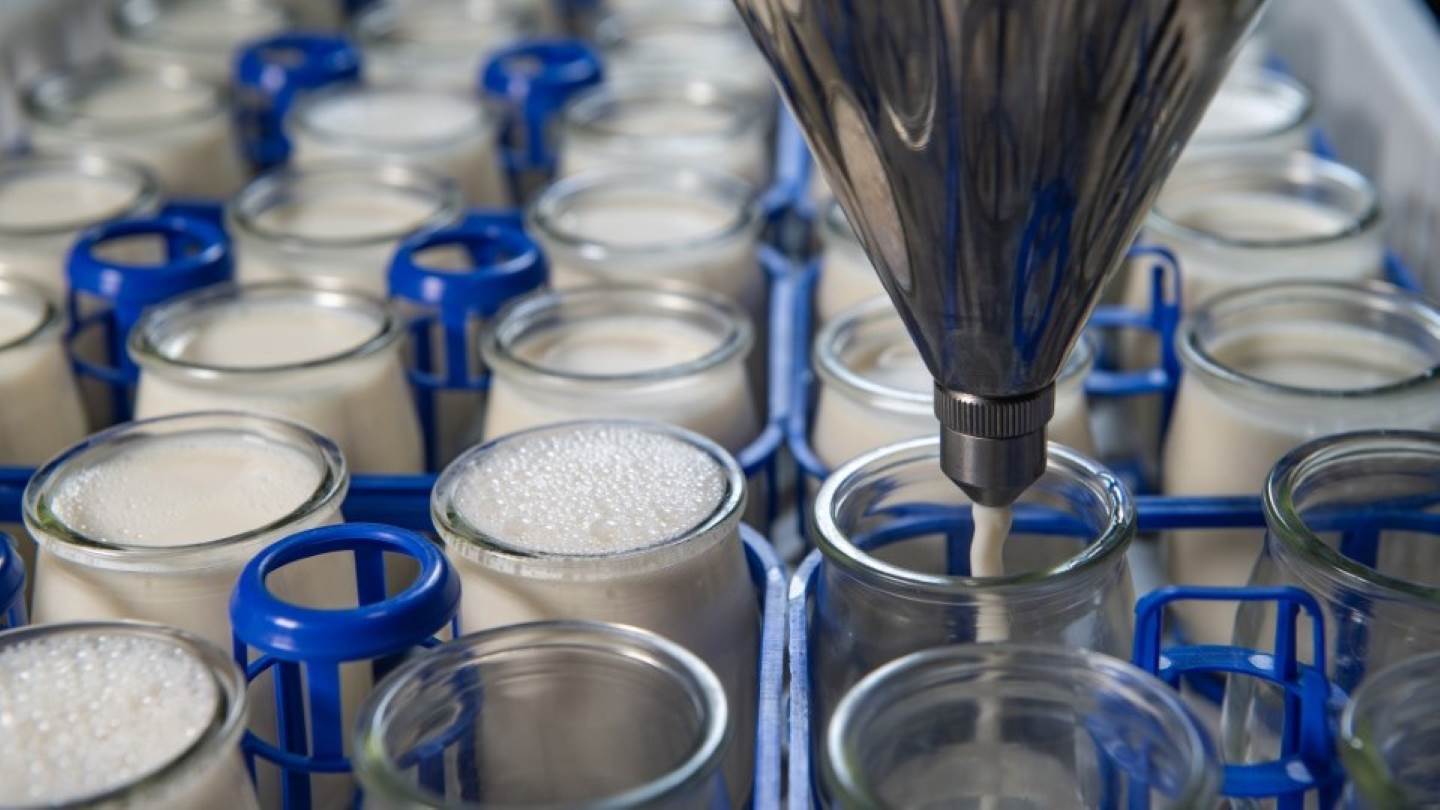Customer: Foodservice manufacturer
For the food and beverage industry, one thing is certain - steam plays a key role. Keeping things safe, efficient, and maximizing process efficiency are all parts of its job. But, what happens when steam is not applied according to best practices? What are the implications of a less-than-ideal steam system, and what are the benefits of calling in experts to help solve the problems?
In this case study we'll examine just this kind of scenario, looking at how we helped a national dairy producer save, literally, millions of dollars. This involved our usual approach of taking a detailed look at current practices, and delivering a relatively simple, cost-effective, but very successful solution to their situation.
THE PROBLEM
The business has been operating for over 100 years, supplying milk products and protein shakes to customers across the USA. Still family-owned, this privately-held Forbes 500 company relies on steam to ensure its products are of premium quality. As well as being vital for pasteurization and sterilization, steam is essential for hygiene reasons too. Think of how, after a drink of cold milk, it coats the glass. Now imagine how important CIP - clean in place - is for the dairy industry.
However, when our engineer arrived at their Virginia facility, it was clear everything was not as it should be. Believing they needed more steam, the company had rented a fourth boiler, sited in the parking lot to boost supply. With the main boiler and two secondary boilers running at maximum, only two of three process lines were operating.
They believed the solution was to upgrade the steam supply, and a $3.5 million capital project had already been approved to achieve this. Our approach was to begin with a detailed assessment of the current system, aimed at identifying process inefficiencies, any steam losses, and addressing safety concerns.
This revealed some telling factors about the current system:
THE SOLUTION
We had come to the business's attention because Spirax Sarco components were used on the pre-engineered skids they'd bought from Europe (a common factor in the F&B industry). Buying first-rate equipment is one thing, but until now, they hadn't bought our engineering expertise to make sure the installed design was optimized.
Once the failed steam traps had been dealt with, giving an immediate improvement in efficiency, our engineer proposed enhancements to the overall system. Involving their Engineering Director, Utilities Engineer, Maintenance Manager, Procurement Manager, and Production Manager at different stages of the process ensured complete buy-in for the plan.
This is how we operate. Our goal is always to demonstrate the value of doing things the right way, giving the customer complete confidence it's the right thing to do.
Beyond failed steam traps, revised locations for APT installations were highlighted, and pipe repairs were carried out, with exceptional results for the customer.
Now all three process lines were up and running, the rental boiler was no longer needed, with the main boiler operating at 85-95%, and the two secondary ones running a lead/lag system. This much-improved setup had major add-on benefits for the business.
The new boiler project could be cancelled, instead focusing on expanding the plant. The rental boiler had cost $10,000 per month, and the vastly improved operation was able to take on work from the Arizona facility, saving a $6 million a year contract which would otherwise have been lost.
Dealing with a natural product like milk, the company had sustainability always in mind. The lessons learned have given them new impetus to enhance these. Savings beyond dollars, in water, energy costs, and an uplift in productivity mean they are more aware of steam's potential for the business.
The impact beyond the actual work we have carried out gives a payback far beyond its cost. And, we have forged a strong relationship with them to carry their business into a more sustainable, efficient future.

